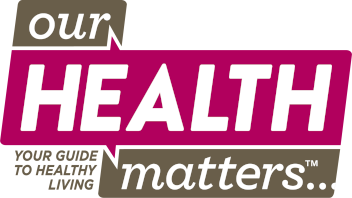
By Barbara Mitchell
Community Health Division Director, Johnson County Department of Health and Environment
In Kansas, there are approximately 70 infectious diseases that are reportable to Kansas Department of Health and Environment—everything from chickenpox to tularemia (“rabbit fever”). Reporting of diseases help track the trend and prevent further spread.
Infectious diseases are disorders caused by organisms, such as bacteria, viruses, fungi, or parasites. Many organisms live in and on our bodies. They’re normally harmless or even helpful. But under certain conditions, some organisms may cause disease.
Some infectious diseases can be passed from person to person. Some are transmitted by insects or other animals, others by consuming contaminated food or water or being exposed to organisms in the environment. Signs and symptoms vary depending on the organism causing the infection. Mild infections may respond to rest and home remedies, while some life-threatening infections may need hospitalization.
Prevention is usually the best course of action. Many infectious diseases, such as measles, chickenpox, flu, and COVID-19 can be prevented, or their impact lessened by vaccines. Frequent and thorough handwashing also helps protect you from most infectious diseases. Follow these tips to decrease the risk of infection:
- WASH YOUR HANDS. This is especially important before and after preparing food, before eating, and after using the toilet. Try not to touch your eyes, nose, or mouth with your hands, as that’s common way germs enter the body.
- GET VACCINATED. Vaccination can drastically reduce your chances of contracting many diseases. Make sure to keep up to date on your recommended vaccinations, as well as your children’s.
- STAY HOME WHEN ILL. Don’t go to work if you are vomiting, have diarrhea or have a fever. Don’t send your child to school if he or she has these signs, either.
- PREPARE FOOD SAFELY. Keep counters and other kitchen surfaces clean when preparing meals. Cook foods to the proper temperature, using a food thermometer to check for doneness and promptly refrigerate leftovers.
- DON’T SHARE PERSONAL ITEMS. Use your own toothbrush, comb, and razor. Avoid sharing drinking glasses or dining utensils.
- TRAVEL WISELY. If you’re traveling out of the country, talk to your doctor about any special vaccinations you may need, such as yellow fever, cholera, hepatitis A or B, or typhoid fever.
If you need more information about COVID-19 and flu vaccines and prevention, or other public health information, visit the Johnson County Department of Health and Environment online at https://www.jocogov.org/department/health-and-environment , or on social media:









